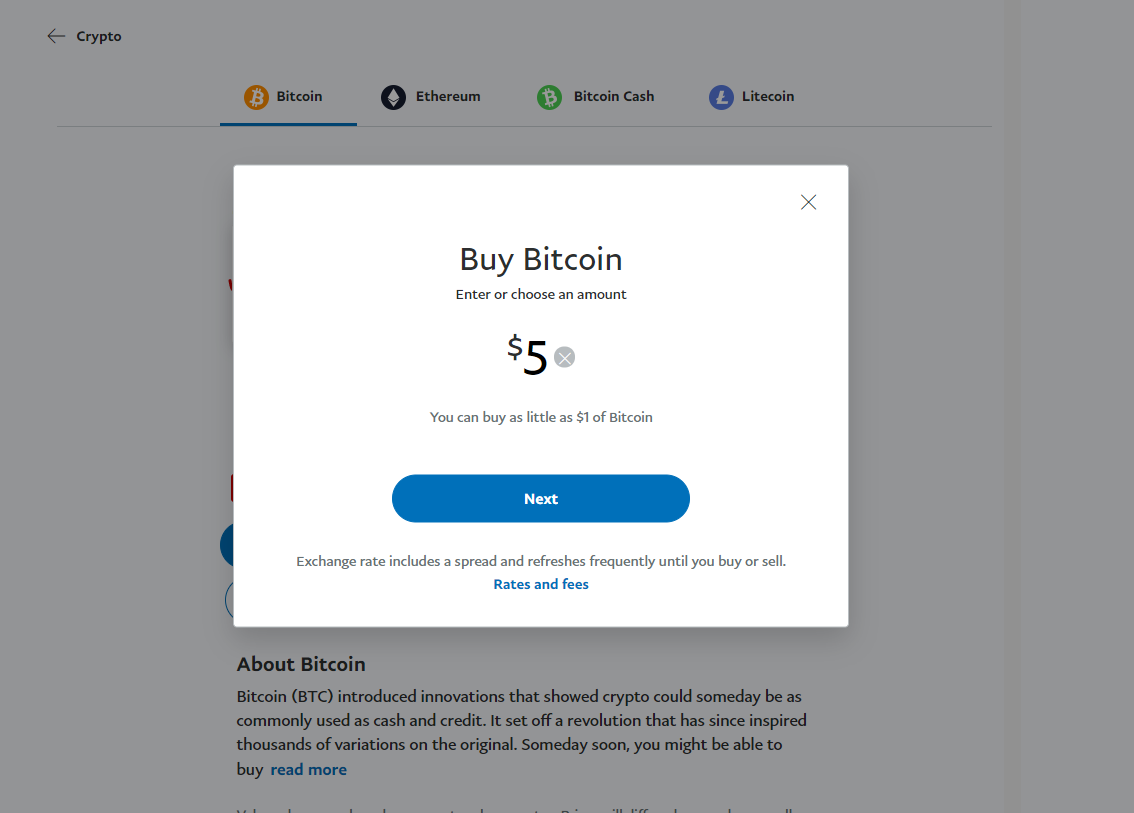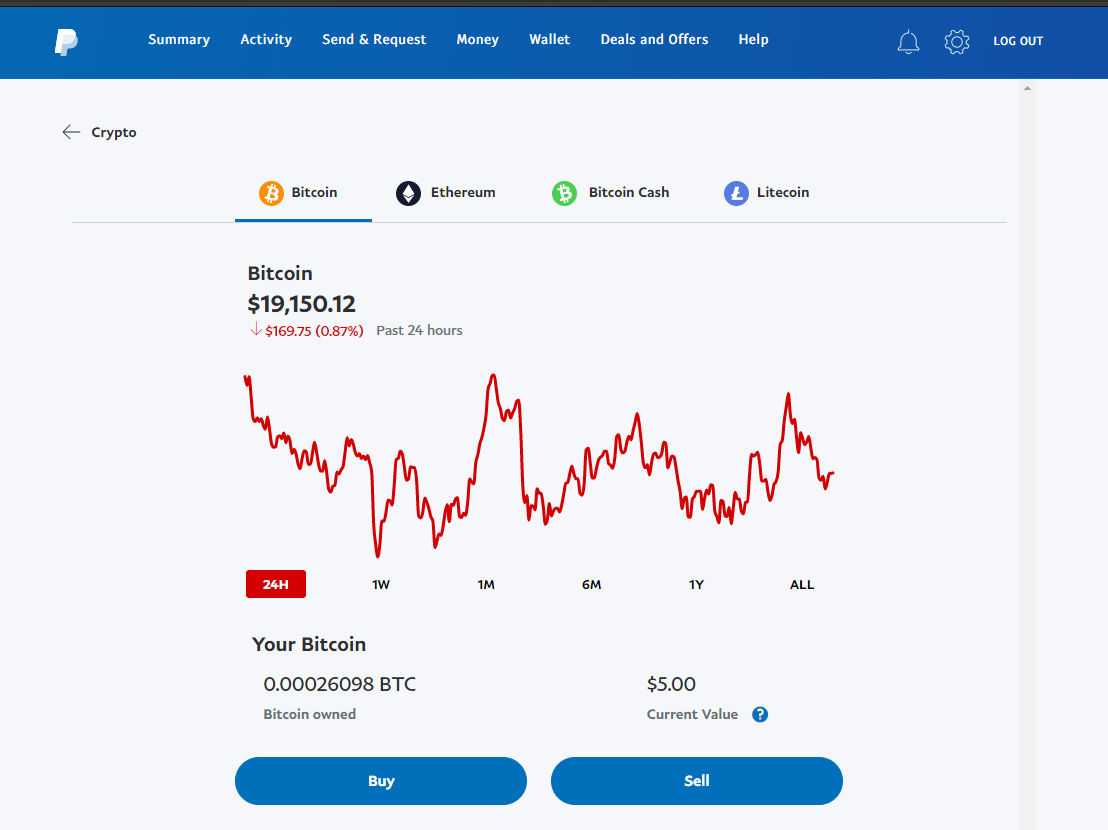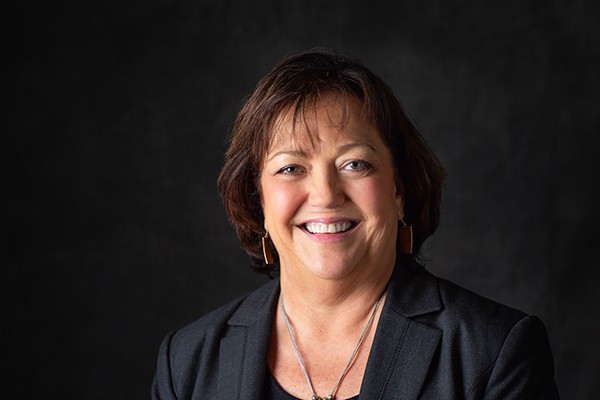One of the region’s biggest financial institutions is about to be under new leadership. Earlier today, First Horizon Corporation announced that it is set to be acquired by Toronto-Dominion Bank and its subsidiaries (TD Bank Group). The all-cash transaction is valued at US $13.4 billion.
“First Horizon is a great bank and a terrific strategic fit for TD. It provides TD with immediate presence and scale in highly attractive adjacent markets in the U.S. with significant opportunity for future growth across the Southeast,” said Bharat Masrani, group president and CEO of TD. “Working with the First Horizon team, TD will build upon the success of its strong franchise and deliver the legendary customer experiences that differentiate us in every market across our footprint.”
As of December 31, 2021, First Horizon boasted 412 branches across 12 states and assets totaling $89.1 billion. Meanwhile, TD is the fifth largest bank in North America and serves more than 26 million customers. As of October 31, 2021, TD reported overall CDN$1.7 trillion in assets.
The transaction will turn TD into a top 6 U.S. bank, with about $614 billion in assets and a network of 1,560 stores across 22 states. According to TD, there are no plans to shut down any First Horizon branches in connection to the transaction. Upon closing, TD will also make a $40 million donation to the First Horizon Foundation.
First Horizon president and CEO Bryan Jordan will join TD as vice chair, TD Bank Group.
“We have built a very strong business at First Horizon, and by joining forces with TD, we will create extraordinary value for our key stakeholders with a shared customer-centric strategy, enhanced scale and a broader product set for our clients. This is a true growth story,” said Jordan. “We have long respected TD as a leader in U.S. banking and are confident that its continued and growing investments in our local markets will extend our long history of community support. Thank you to our First Horizon associates for their efforts and dedication to our clients and communities as we continue to deliver for them every day. We look forward to successfully completing this transaction and are excited to join TD.”
The deal is expected to close in the first quarter of TD’s 2023 fiscal year.
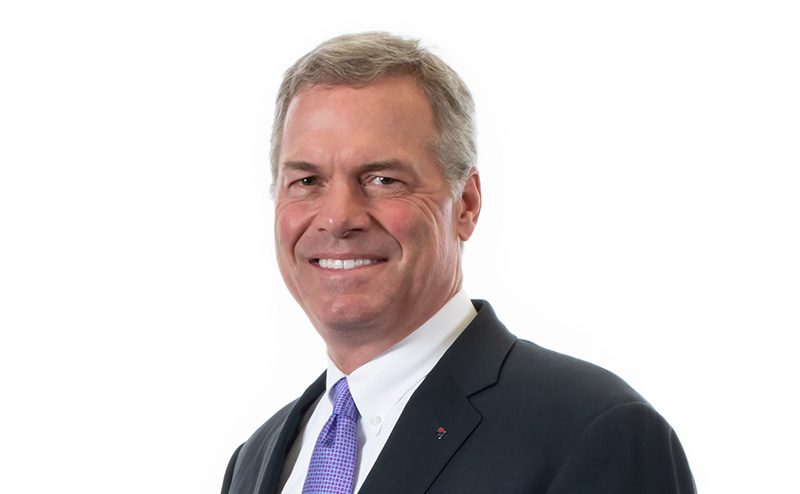
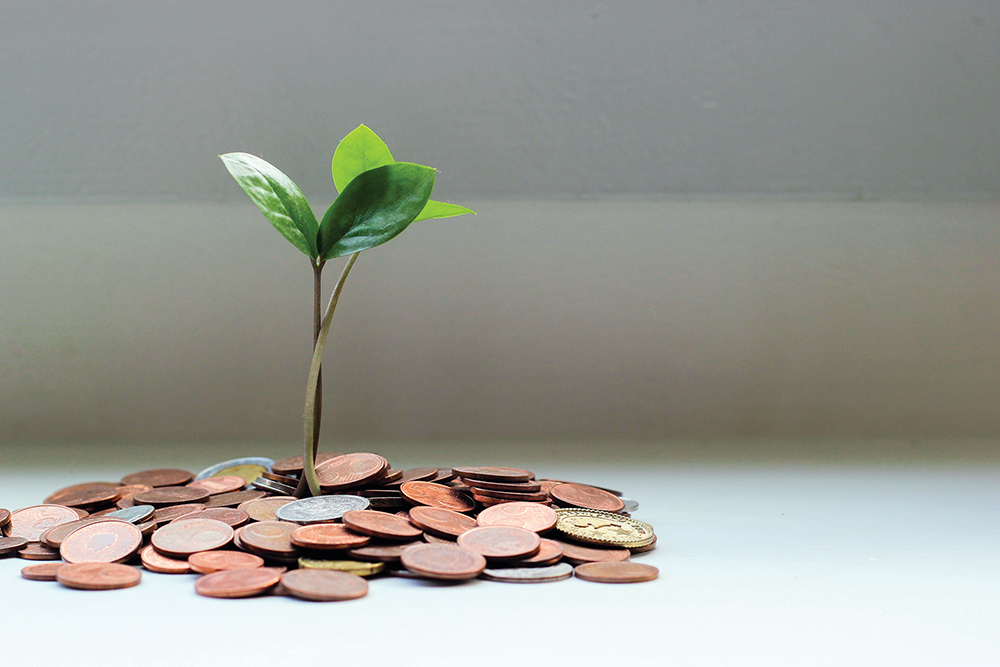

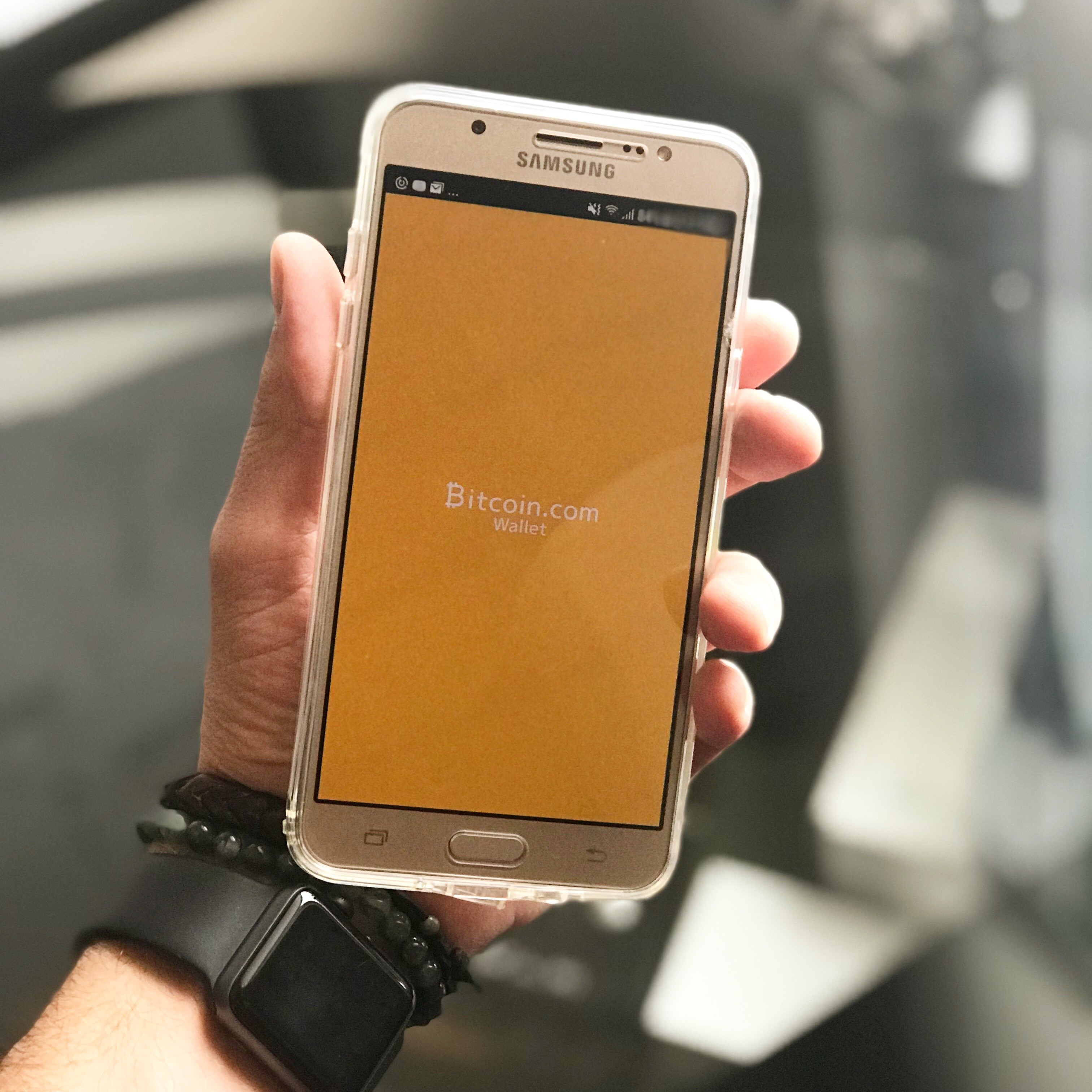 Photo by Bitcoin BCH
Photo by Bitcoin BCH 